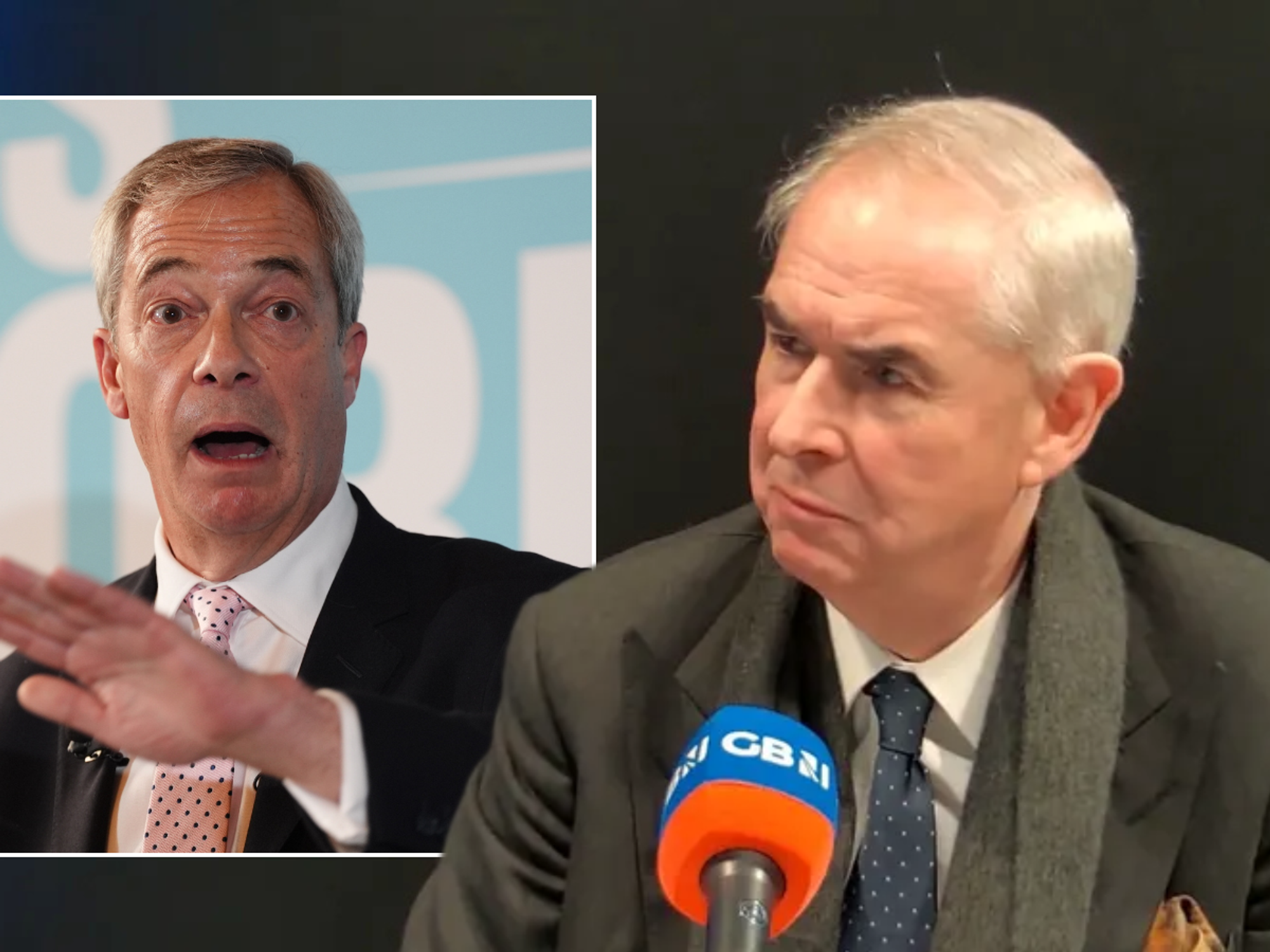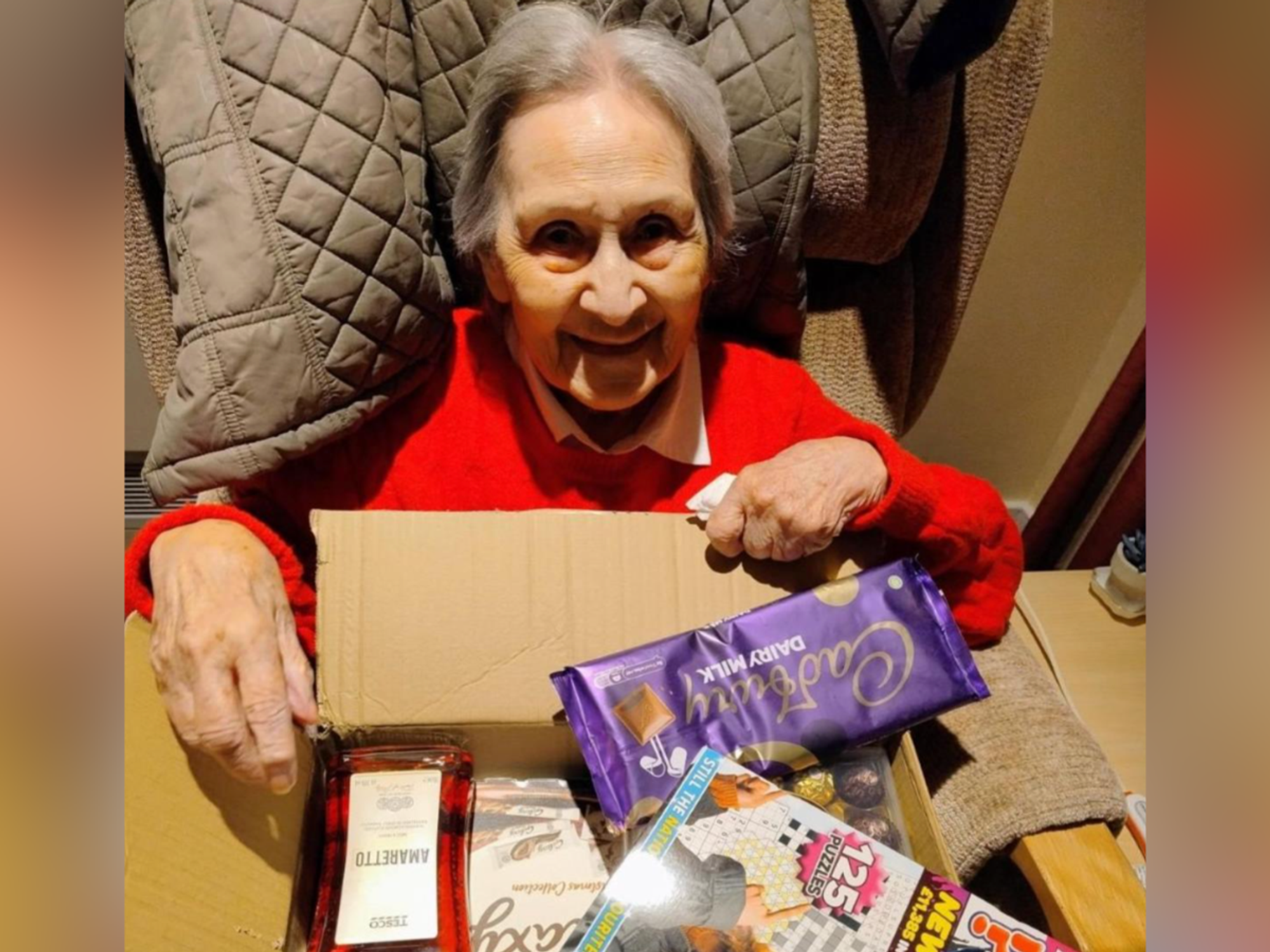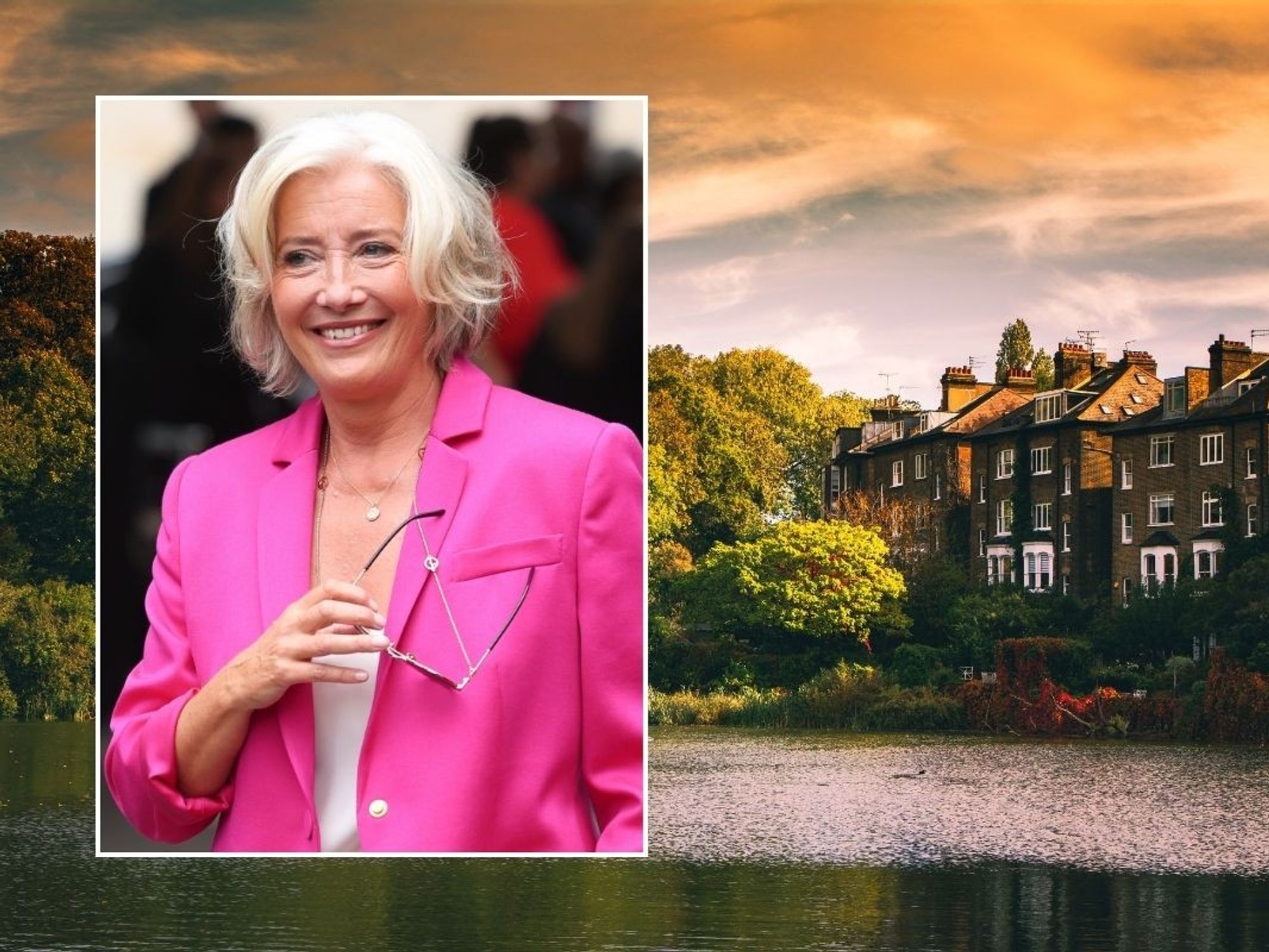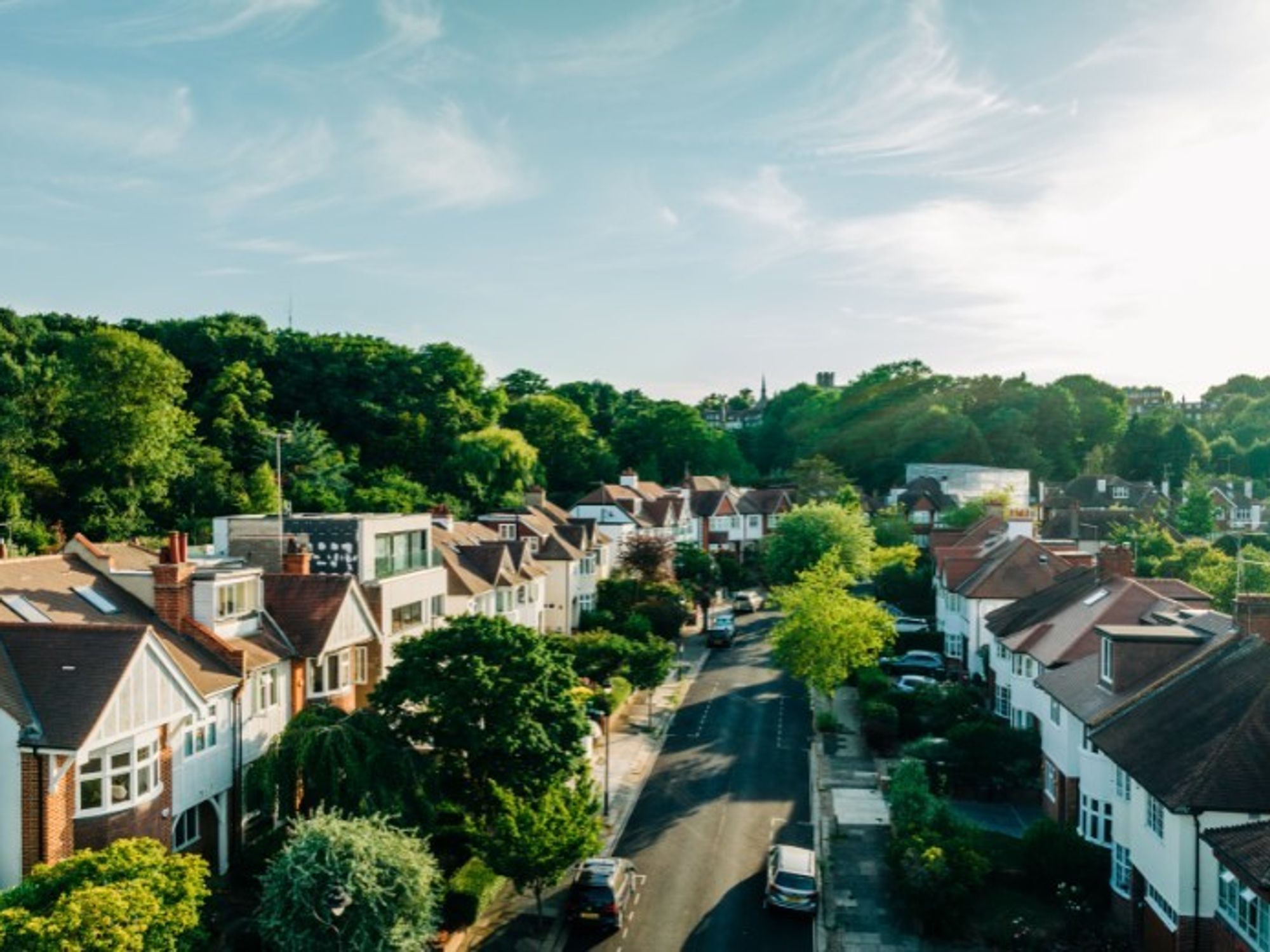Colin Brazier: Response to terror has become wearily routine

By Colin Brazier
Published: 18/10/2021
- 20:29Updated: 18/10/2021
- 21:01Efforts to explain often sound like an excuse
Don't Miss
Most Read
From Nice to Nairobi, from Tunisia to Turkey, I’ve spent long hours standing – as close as decency or the police would permit – to the scene of the latest terrorist outrage.
Others don’t have the luxury of standing at a safe distance. The armed officers who’ve usually finished their work by the time the media arrive, the medics who try to staunch the bleeding.
Once first-responders have gone, once every bullet hole’s marked and every recoverable body-part recovered, in come the first-explainers. The reporters, the politicians, the community and faith leaders, the experts.I’ve seen this process evolve over the years. And it’s important to point out that everything which happens is usually guided by the very best human instincts. To be kind and sensitive, to avoid conflation or jumping to conclusions. And, sadly, since 9/11, Britain has endured enough atrocities, for a discernible pattern to have emerged. A modus operandi for how we deal with the aftermath of terror. There is no guiding mind behind this procedure. But nor is it wholly spontaneous any more. As the years have rolled by, and outrage has followed outrage, we have learned how to process events. What to say and, more importantly, what not to say.
What do I mean? We’ll start with my tribe, the reporters. It’s become ill-mannered for correspondents to ask searching questions about the religious motivation of terrorists. So we displace and digress. We focus our lenses on the teddy bears and floral bouquets, the hand-written tributes. We sound like social workers or therapists, peppering our reports with talk of healing and compassion and “coming to terms with”.
Everybody agrees the story is important, there’s huge public interest, but for a rolling news channel to cover a story that’s ostensibly about hate and death isn’t easy. So the lion’s share of the coverage focuses on candle-lit vigils, the books of condolence, the inter-faith dialogue, the prime ministerial visit. But there’s only so much we can do to avoid tackling the knottier questions.
And when we get around to that, our first instinct is to blame MI5 or the police or Prevent, or the internet. The perpetrator can sometimes feel like an afterthought. In the early days it was often fashionable to blame British imperialism or Western intervention in the Middle East. But this started to wear thin when we looked at the demands of the terrorists.
I remember standing outside the Atocha train station in Madrid in 2004, reading out Al Qaeda’s list of demands. The assumption, the Western assumption, was that it would all be about America’s invasion of Iraq, which Spain then supported. The actual list of demands started with the Islamic reconquest of Andalucia. In other words, the righting of a 700-year-old wrong.
Then, for a while, the fashionable narrative became one of poverty. The Yorkshiremen who decided to blow themselves up on the Underground on 7/7 were victims of social exclusion. That didn’t last.
I remember standing outside the shattered frontage of Glasgow airport in 2007, where a doctor and engineer – highly educated men – had driven a Jeep packed with gas cannisters.
Over time I noticed a desire to treat the terrorists as mentally ill, especially if they seemed to be acting alone as they did in Manchester or Nice, two cities where I reported on the massacre of dozens of young people.
But I’ve persistently struggled with the mad-not-bad analysis. Many terrorists are neither potty nor psychotic, but committed to an ideology in a way that few Westerners can relate to. I find, you probably find, THAT ideology repulsive, but it’s a coherent blueprint for ordering lives rooted in a belief system shared by many millions. In the hands of a Svengali, someone like Anjem Choudary – a man I’ve interviewed several times and who has obvious charisma – it’s an idea that can be given an unignorable urgency.
Having travelled extensively in countries like Pakistan and Iran, I have the deepest respect for Islam. Which is why I refuse to use the word Islamophobia. It closes off legitimate, nay essential, debate about a prosletysing religion. If a terrorist says he’s motivated by his faith, we mustn't blithely accept that he’s merely guilty of a wicked interpretation of that faith. We need to be able to judge for ourselves.
Non-Muslims need to feel able to question Islam itself, respectfully, with curiosity, but robustly. Without the fear of being told: you can't say that because you're not a Muslim.
To do that it helps if we are religiously literate ourselves. I’ve found that being a practicing Catholic helps. I don’t see belief as a sort of mass psychosis. I see all men as my brothers, all men as capable of redemption. Which is why the Catholic priest from Southend who I interviewed on Friday reminded us to pray for the repose of the soul of Sir David Amess, but also for his killer.











